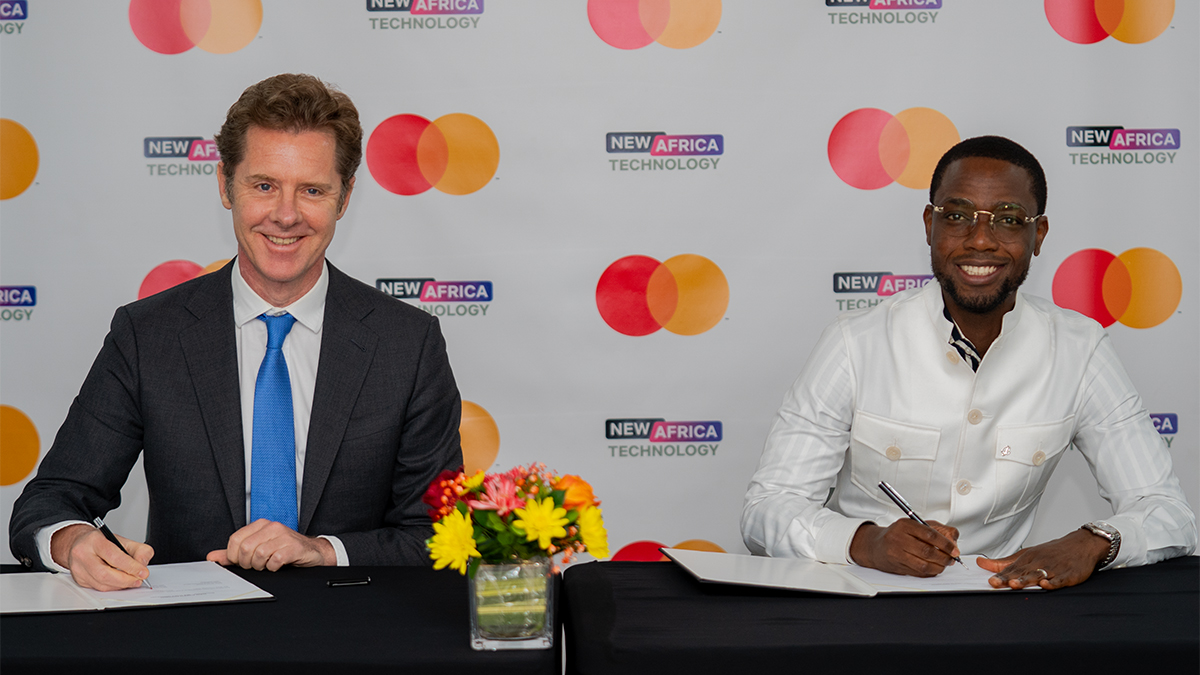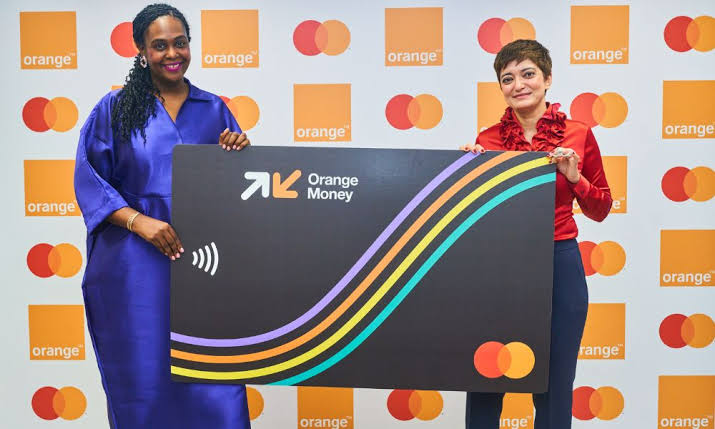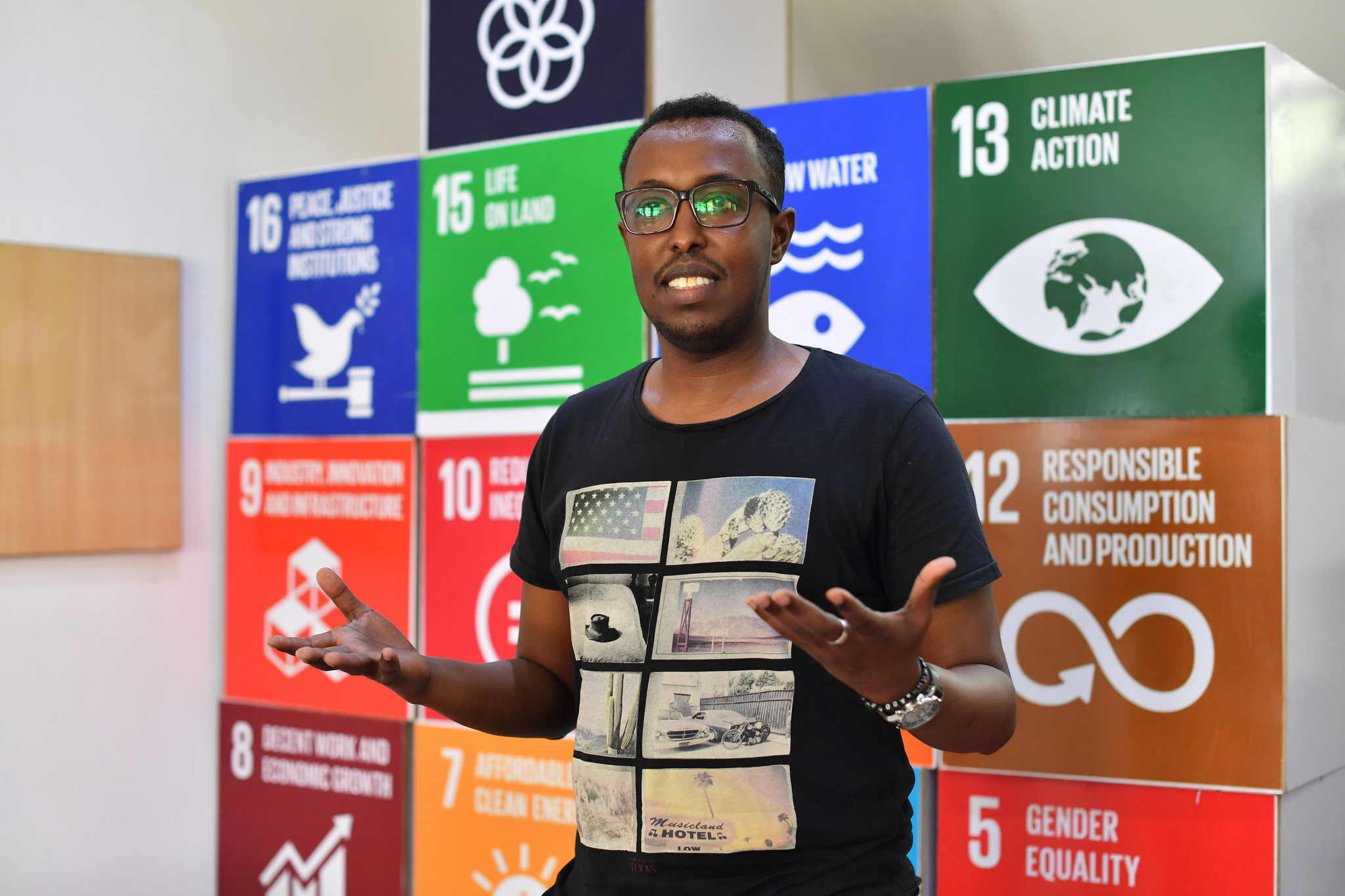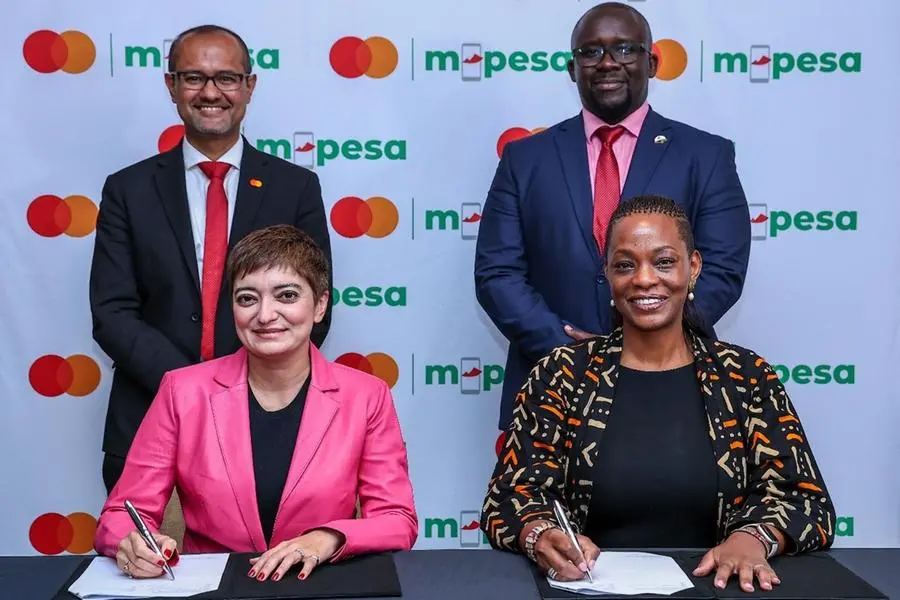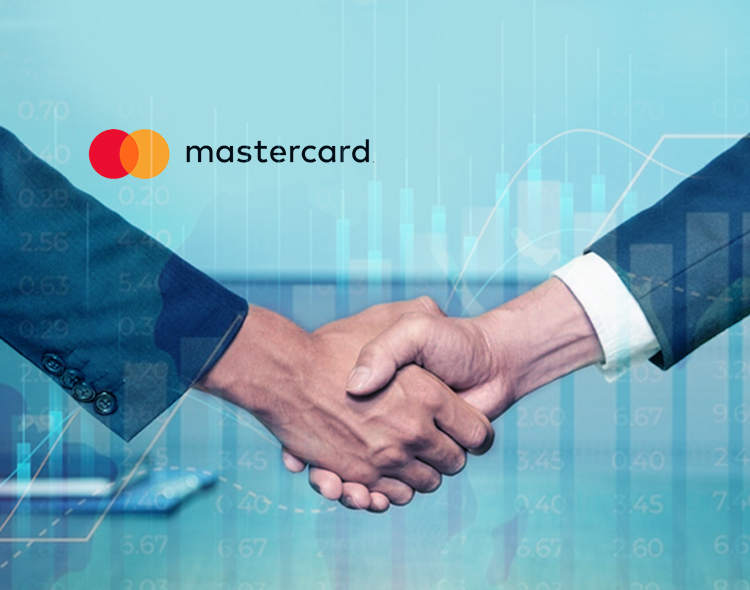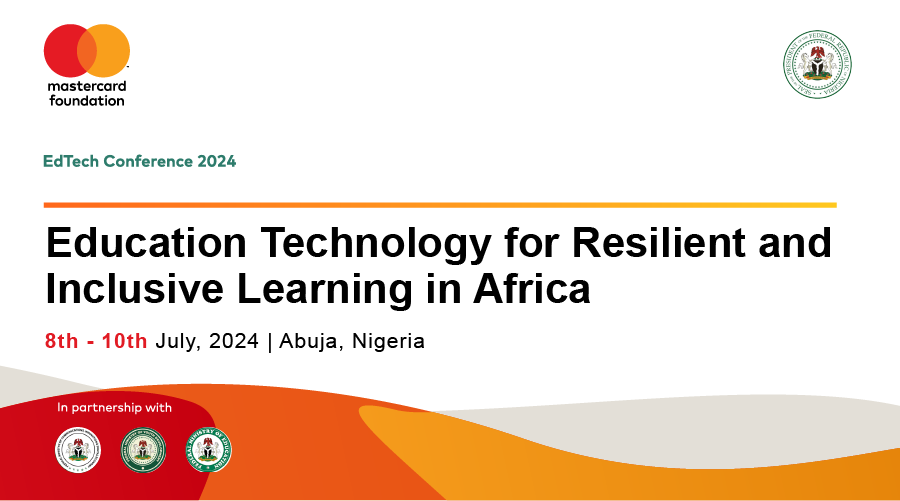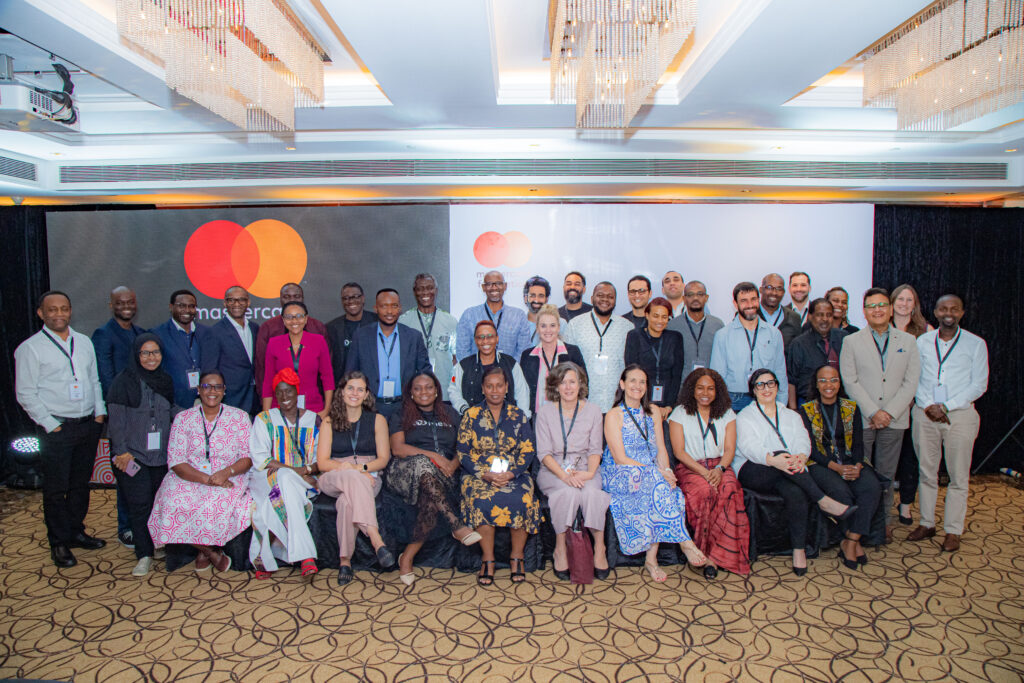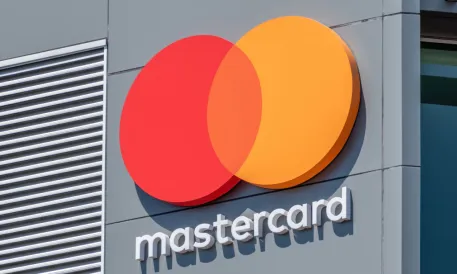Senegalese fintech startup New Africa Technology (NAT) teams up with Mastercard to launch a digital and physical prepaid card for individuals via NAT’s current digital wallet solution, “Flash.”
The goal of the partnership, which was announced on Wednesday, is to change how payments are made in Senegal, Côte d’Ivoire, and Benin.
By promoting payment acceptance through cutting-edge technologies like contactless payments, Pay by Link, and QR Pay, the solution is also made to assist merchants. It also gives companies access to a specialised platform dubbed “Flash in Business,” which offers them a complete answer to their business finance requirements.
Read also: KaiOS, Mastercard boosting digital payments in Africa
NAT CEO and Mastercard comments on the partnership
Birane N’dour, CEO of New Africa Technology said, “We are excited to collaborate with Mastercard to launch this pioneering fintech card that provides users with advanced payment solutions that are secure, versatile, and inclusive. This collaboration represents a major step forward in making financial services more accessible across the region,”
Mark Elliott, Mastercard Africa’s Division President, noted that Mastercard’s partnership with NAT will leverage the former’s global reach and the latter’s local knowledge to drive financial inclusion in the region.
“This alliance highlights our dedication to advancing financial inclusion and economic development in the region. This collaboration with New Africa Technology leverages our global network and their local expertise to expand the financial well-being of individuals and drive growth for local businesses and the broader economy,” stated Mark Elliott, Division President for Africa, Mastercard.
Both virtual and actual prepaid cards are included with the Flash wallet, which facilitates smooth transactions.
Additionally, it has features like split invoices among many people, spending management, and budgeting assistance. Additionally, the software works with other wallets in the area, enabling smooth transactions.
Mastercard, Worldpay partners to initiate virtual cards to simplify travel bookings
In a similar move, Worldpay and Mastercard announced a creative collaboration to expedite supplier payments and offer customised travel agency solutions. The announcement of this Initiative was published on the Worldpay website on Wednesday.
Read also: Mastercard collaborates with Fintech Scale to accelerate SME growth
Worldpay simplifies client payment procedures by providing virtual cards to travel agents in the UK and Europe through the Mastercard Wholesale Programme.
“Businesses need the fast, secure, and flexible payment experiences that virtual cards offer. We’re thrilled to accelerate the adoption of this technology with Worldpay, who is now empowering its travel agency customers through the Mastercard Wholesale Program by providing them with a dynamic B2B payment solution that can be tailored to specific product and market needs,” said Chiara Quaia, senior vice president, travel industries at Mastercard, in a statement regarding the launch.
“Working with Mastercard to deliver value across the entire travel ecosystem through this virtual card program, we will be able to help travel agents realize new efficiencies in their payment processes while increasing travel supplier virtual card acceptance through more transparent and data-driven practices,” said Nabil Manji, Head of FinTech Growth & Financial Partnerships at Worldpay.
